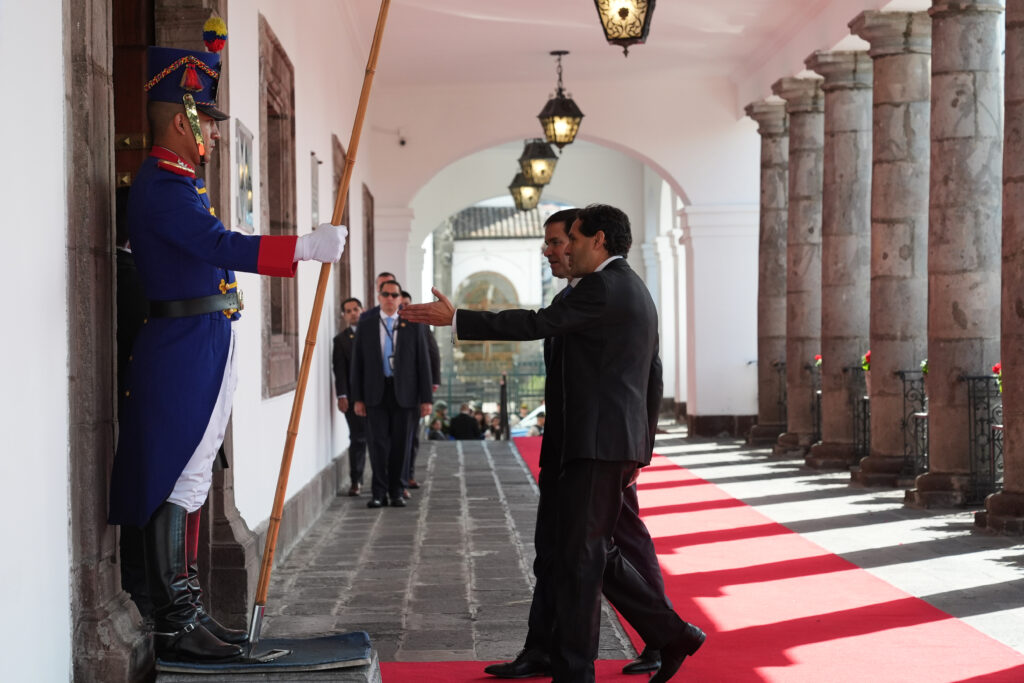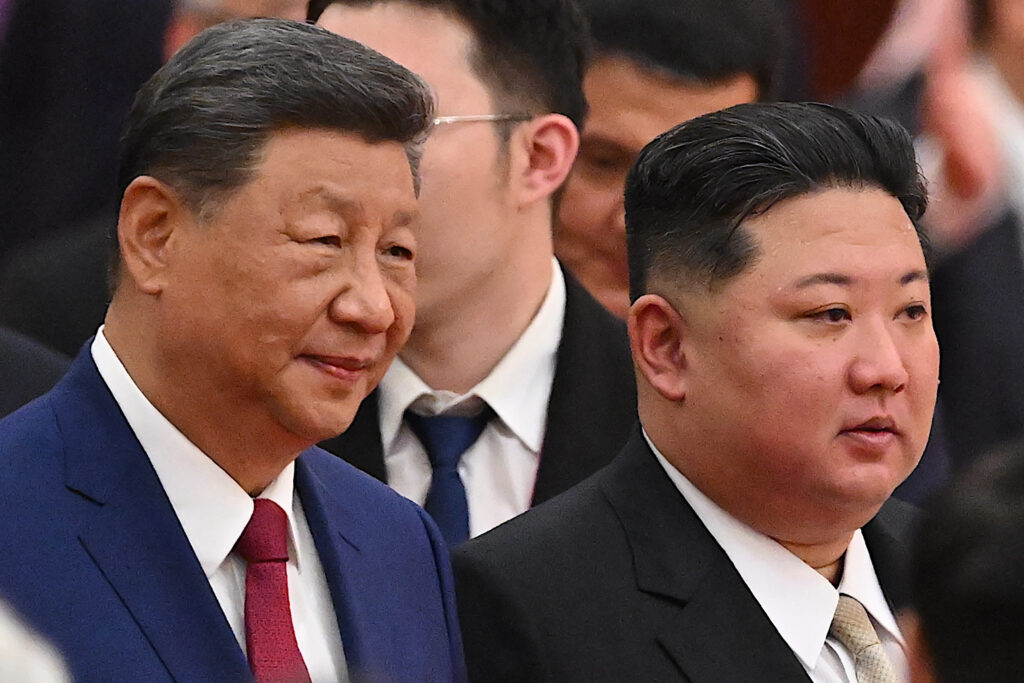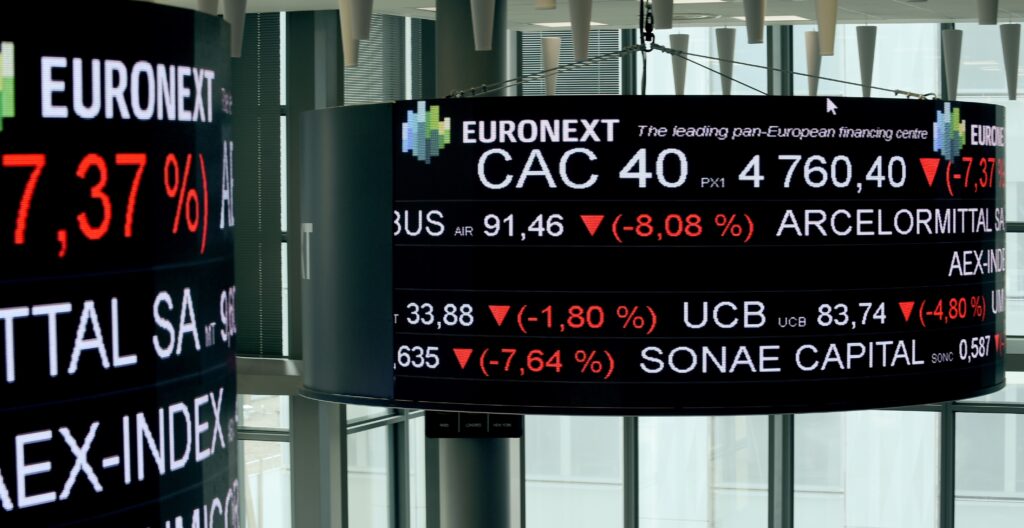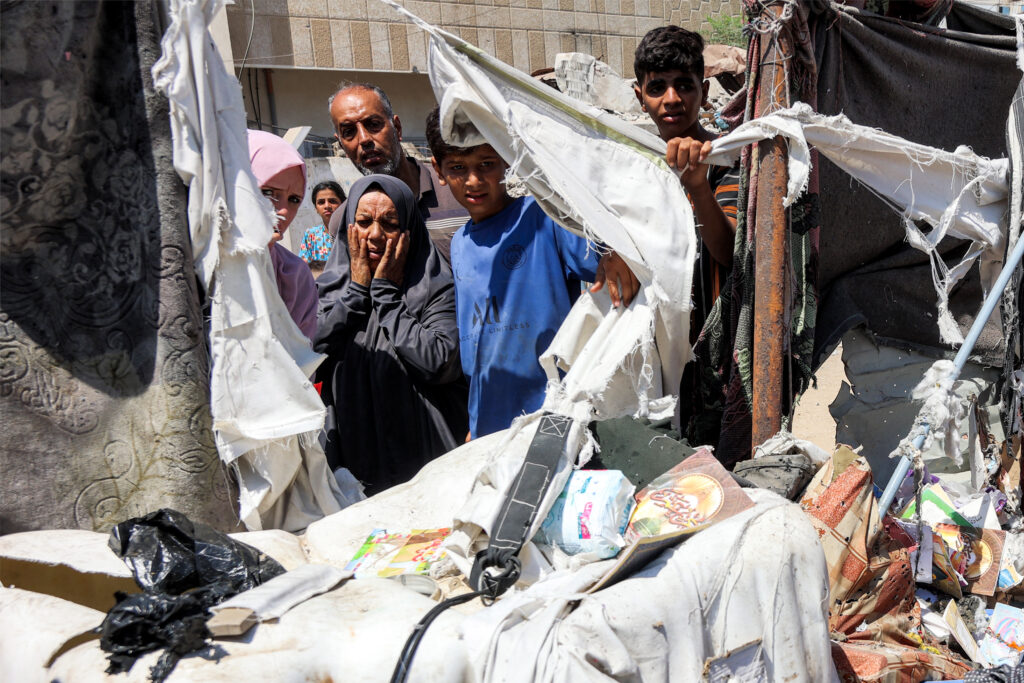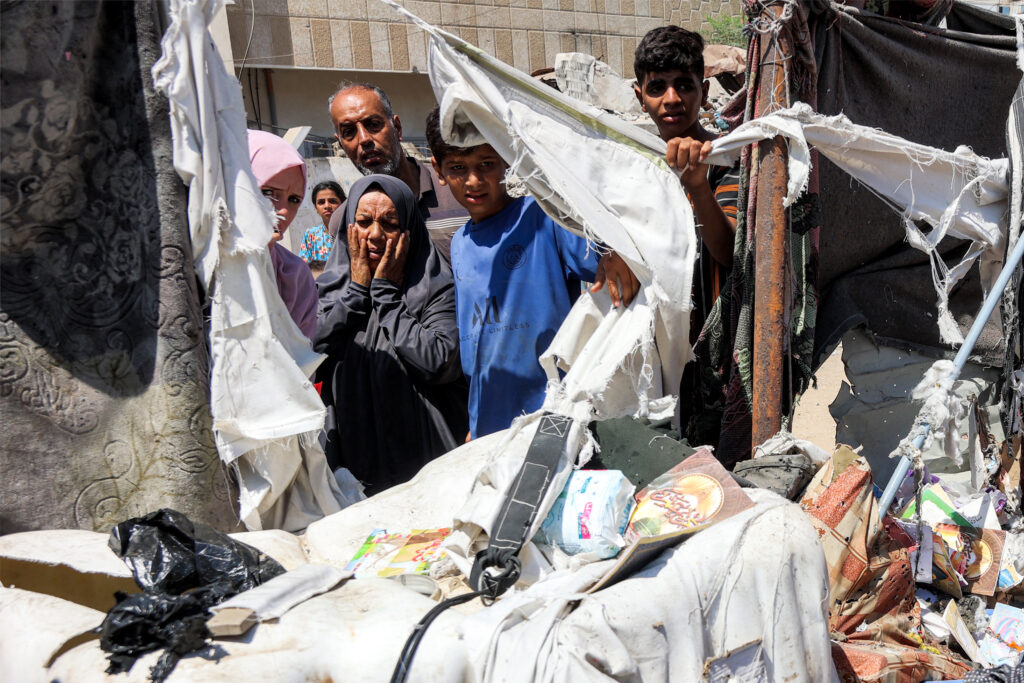Sudan rescuers pull 370 bodies from Darfur landslide
Rescuers have recovered 370 bodies from a landslide that wiped out a remote mountain village in Sudan’s Darfur region, a local civilian leader said on Thursday.The disaster struck the village of Tarasin, located high in the Jebel Marra range, on Sunday following one of the worst downpours of Sudan’s rainy season, which peaks in August.Up to 1,000 people may have been killed, according to the United Nations, but the full scale of the disaster in the isolated mountain region is unknown.”We recovered 370 bodies and buried them. Others are still trapped under the rocks and some were carried away by floodwaters,” said Ibrahim Suleiman, one of the heads of the civilian administration in Daramo locality, where the village is located, in a video shared by the Sudan Liberation Movement/Army.The armed group, commanded by Abdulwahid al-Nur, controls the area around Jebel Marra, and has remained largely neutral in the ongoing war between Sudan’s army and the paramilitary Rapid Support Forces (RSF).Footage released by the group on Thursday shows residents and rescuers gathered at a makeshift burial site, praying for the victims laid to rest. Others were seen digging through thick mud and rubble using shovels and their bare hands to recover more bodies still trapped in the earth.With aid agencies unable to access the area, the operation was being carried out entirely by local residents, members of the SLM and the local Emergency Response Room, one of hundreds of volunteer groups coordinating aid across Sudan.The Sudanese American Medical Association told AFP its team had not yet been able to reach Tarasin due to the rugged terrain and ongoing rainfall.Earlier estimates by the SLM suggested all of the village’s 1,000 residents were killed, with only one known survivor.On Wednesday, the group shared footage of what they said was another survivor, standing at the same site with volunteers.The tragedy comes amid the backdrop of Sudan’s ongoing war, which began in April 2023 between the regular army and the RSF. The conflict has killed tens of thousands and displaced millions. Famine has spread in parts of Darfur and southern Sudan while cholera has affected large areas of the country, with Darfur hit hardest.



